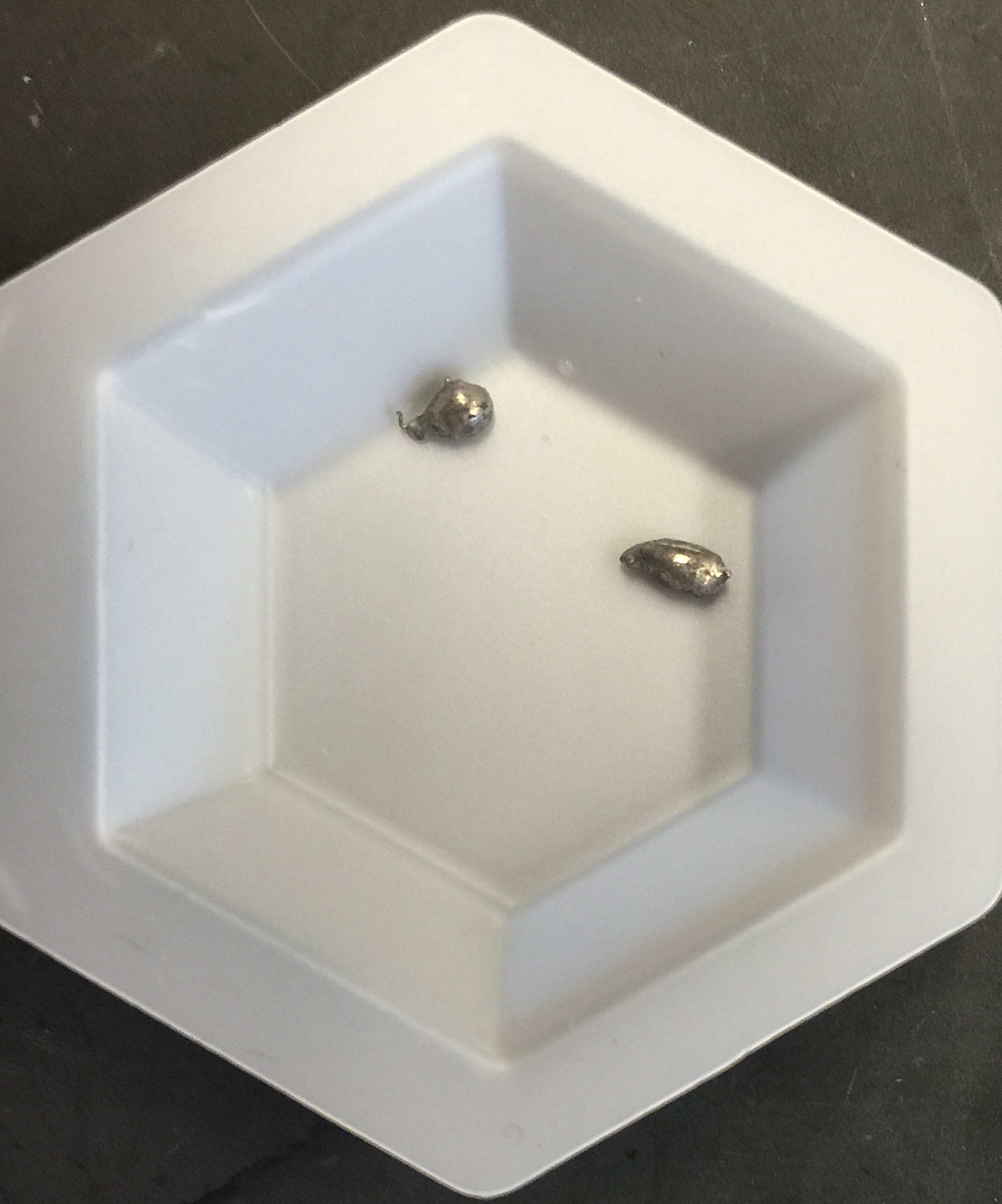Purdue Civil Engineering's Whelton: Keep plumbing safe over the holidays
This is because the longer that water sits, the higher the concentration of metals that builds up in the water sitting in your pipes. This water then comes out once you turn on a faucet for everything from brushing your teeth to getting a glass of water.
The same goes if you are coming back home from vacation after just three days.
Not properly maintaining home pipes could have consequences. A recent report in Newark, New Jersey, found that widespread home misuse of faucet and pitcher filters is potentially exposing thousands of residents to high levels of lead in drinking water.
Andrew Whelton, an associate professor of civil engineering and environmental and ecological engineering at Purdue, researches how pipes affect water quality.
“When water isn’t moving through the house, it gets old. Old water can be bad water. Higher levels of heavy metals and organisms, which can cause disease, are sometimes found in old water. You can take simple steps to refresh your plumbing and everyone will benefit.”
To reduce the possibility of your water causing sickness or other detrimental health effects, Whelton recommends five plumbing tips for the holidays:
1. Refresh and clean your pipes. To refresh your pipes, let the water run for at least five minutes at each faucet for cold and then hot water. For pipe cleaning, remove the faucet aerators to help the water have high flow. The faster the water moves, the better the pipe cleaning. Consider this before guests arrive, after you return from the holidays and maybe even as a yearly habit.
2. Clean faucet aerators. Sometimes debris gets stuck inside faucets. This material can collect contaminants. To clean out the debris, unscrew aerators from a faucet, such as on a kitchen and bathroom sink.

3. Replace expired water filters, if you have them. These devices may be attached to faucets, underneath the sink or inside your refrigerator. Follow the manufacturer’s instructions. If not routinely replaced, filters can become sources of unhealthy water.
4. Check water softener. If you have a water softener, make sure there’s enough salt. When the softener isn’t working, minerals can build up in your pipes, which can cause appliances to sometimes stop working. Mineral buildup slows down water flow from faucets.
5. Winterize plumbing. Pipes can freeze when the weather gets cold. Consider insulating any exposed pipes or those in uninsulated areas, such as garages, with a foam pipe material sold from your local hardware store. Also consider asking neighbors how they have insulated their pipes. When warned of a polar vortex or other extreme cold, let faucets drip to keep the water moving.
Other plumbing tips and resources offered by Whelton’s team are available at plumbingsafety.org.
Source: Purdue News Service
